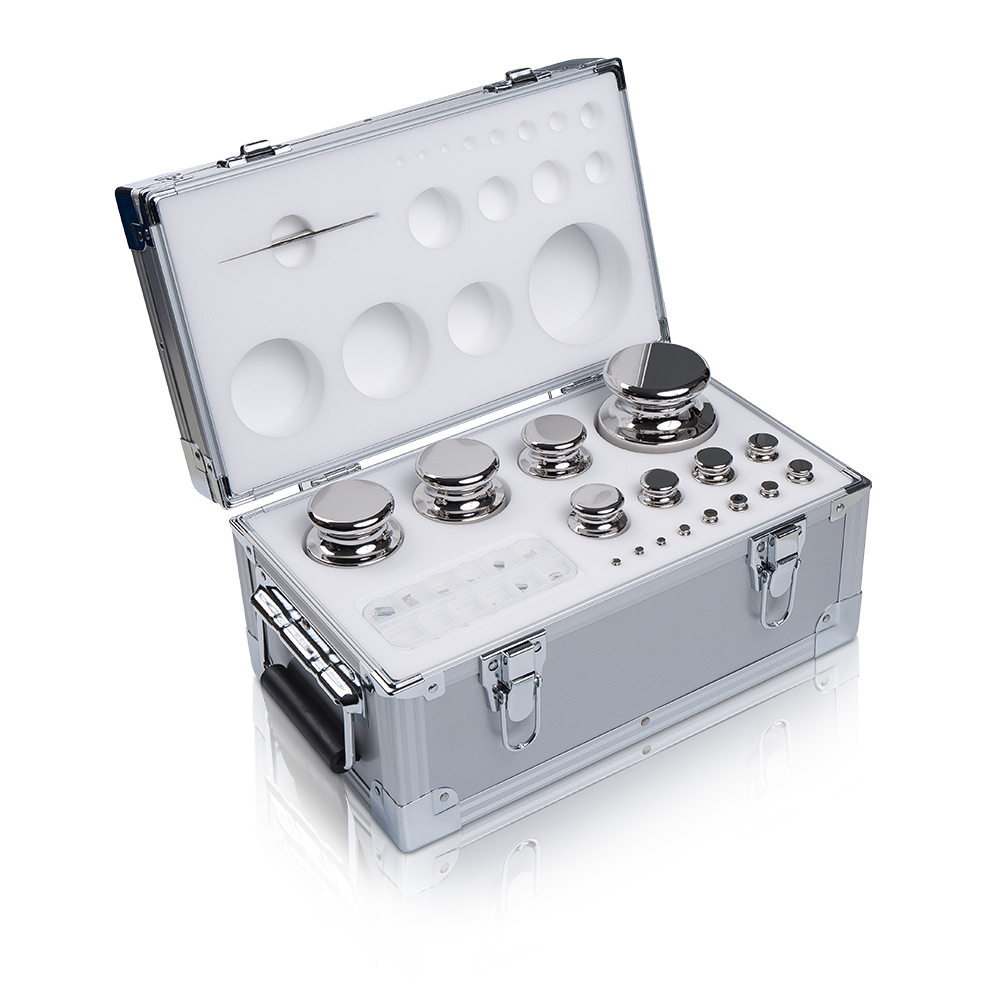With the increasing awareness of environmental protection and the requirements for sustainable development, the Basic Series Test Weight manufacturing industry has gradually begun to explore the application of more environmentally friendly materials. Although the design of the weights themselves requires high precision and durability, innovation in environmental protection and sustainability has become an important trend in the development of the industry.
An important trend in environmentally friendly materials is the use of renewable resources. For example, some traditional weight materials may be based on metals or alloys, and in the future it may be possible to use metals from more sustainable sources, such as recycled metals. Recycled metals can not only reduce the consumption of natural resources, but also reduce production costs. At the same time, it is also possible to use weight shells made of recyclable materials to reduce the waste of disposable materials.
In the production process of traditional weights, the surface treatment usually uses some chemical coatings or anti-corrosion materials, which may contain chemicals that are harmful to the environment. In the application of environmentally friendly materials, non-toxic and environmentally friendly coatings, such as water-based coatings, may be used in the future to reduce the release of harmful chemicals. At the same time, the use of natural or harmless anti-corrosion materials can ensure that the weights do not lose their functions after long-term use without polluting the environment.
The use of lightweight materials can not only reduce production and transportation costs, but also reduce resource consumption. With the advancement of technology, future weights may use high-strength lightweight alloys or composite materials, which can reduce resource use and energy consumption in the manufacturing process while ensuring strength and durability.

In addition to the environmental protection of the material itself, the production process of weights is also an important factor in promoting the application of environmentally friendly materials. In the production process, reducing waste and saving energy and reducing emissions can effectively reduce the burden on the environment. The use of more efficient production technologies, such as 3D printing technology, can not only optimize the use of materials, but also achieve production accuracy and reduce material waste.
In addition to traditional metal materials, some new alternative materials may appear in the future, such as weights made of bio-based plastics or other degradable materials. The degradability of these materials can significantly reduce the environmental burden of weights after they are discarded. Although the durability and precision control of such materials may not be as good as traditional metals at present, with the advancement of technology, it is expected to achieve a balance in the future.
A major goal of environmentally friendly materials is to improve the durability of products, thereby extending their service life and reducing frequent replacement and waste. For example, by using high-strength alloys or special coatings, it is possible to ensure that the weights can be used for a long time even in extreme environments, reduce material consumption and the need for frequent production, and thus achieve long-term sustainable use of resources.
With the continuous update of global environmental standards, the basic series test weights in the future may need to meet more stringent environmental certification standards, such as ISO14001 environmental management certification, REACH (Registration, Evaluation, Authorization and Restriction of Chemicals) certification, etc. This means that manufacturers must follow more environmentally friendly standards when designing and producing weights to ensure that their products meet international environmental requirements.
With the promotion of environmental protection concepts, Basic Series Test Weights may use more environmentally friendly materials in the manufacturing process, such as recyclable metals, non-toxic coatings, lightweight alloys, and new alternative materials. In addition, energy conservation and emission reduction and improvements in production processes are also important factors in promoting the environmental development of weights. With the advancement of technology and the increasing market demand for sustainable products, future test weights will become more environmentally friendly and sustainable while ensuring high precision and stability.

 English
English















